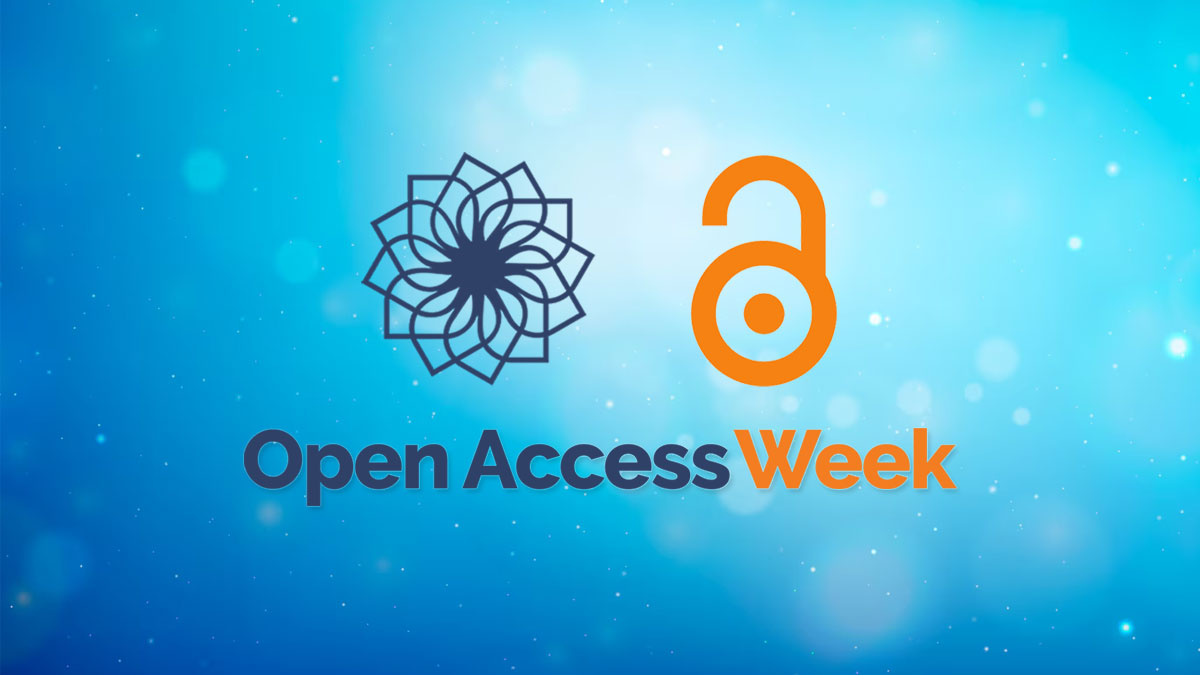Comments
Sohair Aly Hassan
18 October, 2024We need to focus more on the pressure on researchers to write more articles merely for the new evaluation method.
Sohair Aly Aly Hassan
19 October, 2024
According to a UNESCO report from 2023, over 50% of publications are published in open access journals because it fosters cooperation, innovation, and broader societal impact data, as well as allowing methodology sharing, which promotes more transparency and reproducibility in research.
The potential for AI to transform open access publishing is apparent. From accelerating research dissemination to building a more inclusive global academic scene, AI provides numerous options. However, responsible implementation is crucial. Addressing bias, transparency, and human oversight will be critical for establishing confidence and assuring the ethical use of AI in scholarly communication. By appropriately leveraging the power of AI, we can unlock the full promise of open access publication, democratizing knowledge and speeding scientific advancement.
Prof. Mridul Madhav Panditrao
20 October, 2024
Interesting. to read about the " Open Access Week" and its theme of " Community over Commercialization". " Knowledge to All" is not only a step ahead of forward progress, but the need of the hour. Sharing our ideas, thought processes, efforts and outcomes with the community at large is a benevolent idea, especially for the upcoming generation of researchers.
Dr. Kaiser Jamil
20 October, 2024
I am happy to pen my thoughts on this most important topic of the community’s role in commercializing knowledge globally. In today’s interconnected world, the pursuit of knowledge and innovation has never been more critical. As societies advance, the exchange of ideas and expertise across geographical and disciplinary boundaries has the power to solve global challenges, from healthcare and climate change to education and technology. However, there is an ongoing tension between two key forces: community-driven initiatives and commercialization. While commercialization often focuses on profit and proprietary control, the community approach emphasizes openness, collaboration, and the shared benefits of collective knowledge. Prioritizing community over commercialization can lead to more equitable and extensive knowledge sharing, benefiting humanity as a whole.
The Rise of Knowledge Commercialization :
With the advent AI and ChatGTP and other such tools, knowledge sharing globally has become very common. Commercialization refers to the process where knowledge, especially scientific discoveries, technological innovations, and educational resources, is transformed into marketable products or services. Intellectual property (IP), patents, and proprietary technologies often restrict access to knowledge, keeping it within the control of corporations.
Dr. G. Kumar
25 October, 2024Open Access is a way of making research freely available to everyone, without any cost. This means that anyone can read, download, and share the research, whether they are students, researchers, or the general public. Open Access removes the paywalls that many academic journals have, making it easier for people, especially in underfunded institutions or low- and middle-income countries, to access important scientific information. It helps spread knowledge more widely, encourages collaboration, and promotes faster progress in various fields by making research available to all.





PROF VINAY KUMAR SINGH
17 October, 2024By prioritizing community over commercialization, we can create more equitable, sustainable, and resilient societies.